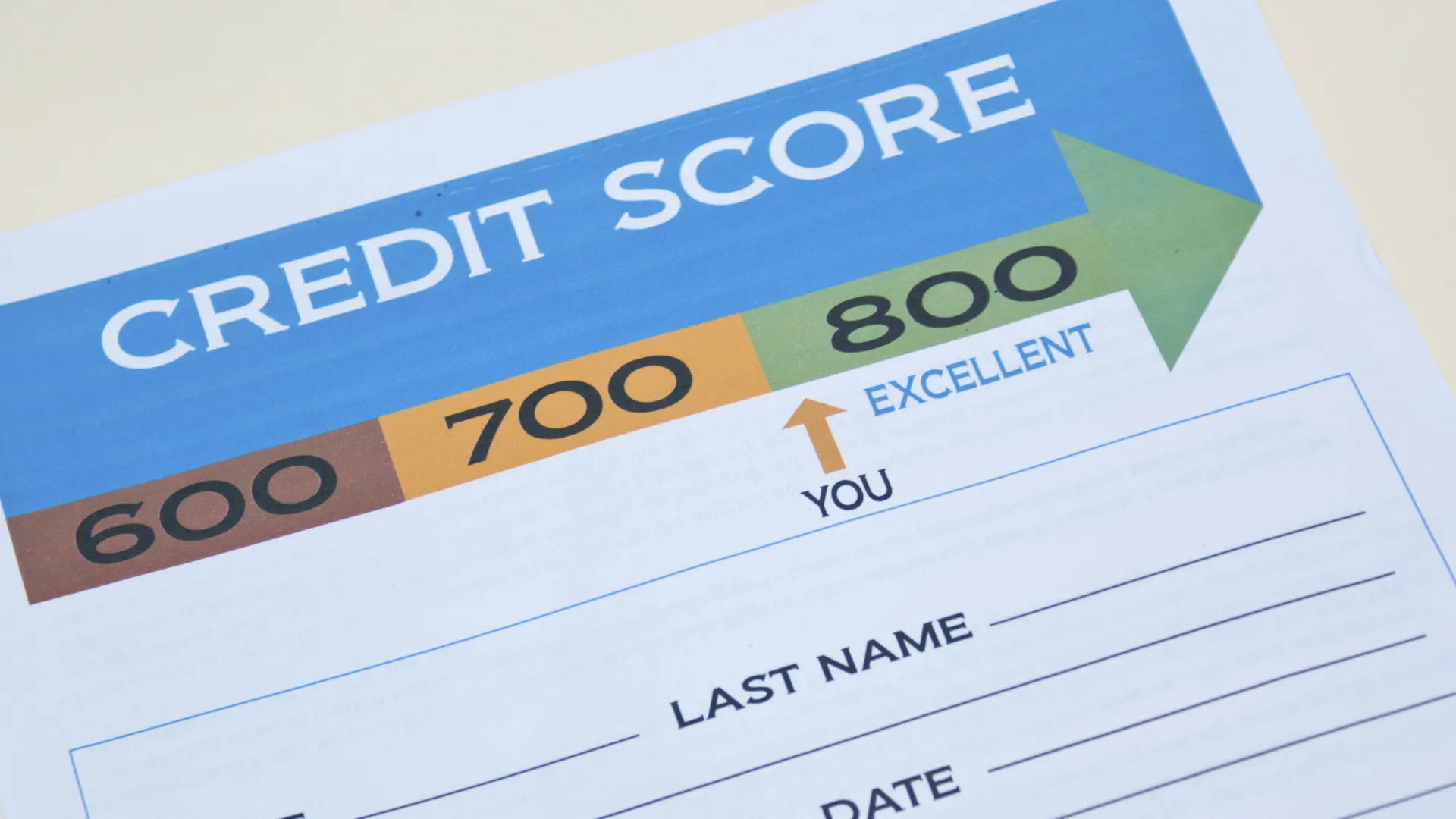
Protect Your Credit Before, During and After Divorce
Protect Your Credit Before, During and After Divorce
There are several negative connotations that go along with divorce, because divorce is often the most difficult life event experienced by those who undergo it. But, among the many negatives is a widely held falsity: Divorce hurts your credit. The truth of the matter is that divorce proceedings do not directly affect your credit report or credit score. Rather, the financial issues surrounding the divorce process, such as dividing joint accounts and refinancing or selling marital property may have a very large (and potentially negative) impact on your credit history.
Before
First things first, check your credit report and your credit score. It is important to check both to completely understand the true state of your credit worthiness. Credit scores are simply a numerical reflection of your credit worthiness. However, your credit report will outline what, if any, negative aspects of your credit history are adversely affecting your credit score. It is important to regularly check your credit score regardless of your marital circumstances. But, if you are considering divorce, it is absolutely critical. Knowing your credit score allows you to make better financial plans and gives you the knowledge necessary to determine if you will be able to take on certain financial obligations post-divorce, such as purchasing or refinancing a home, refinancing or purchasing a vehicle, refinancing credit card debt and/or other debt or opening individual credit accounts.
During
Now that you have filed for divorce, and are undergoing the divorce process, it is important to understand that you are still responsible for the joint debts and obligations you and your spouse incurred during the marriage. In fact, separate and divorce does not relieve you from joint debts you incurred while married, and you are responsible for joint accounts like credit cards, car loans and home mortgages. Do not fall into the trap of believing that because you may have moved out of the marital house you are no longer responsible for the payment of marital bills. If you and your spouse are listed as joint obligors, not only will your spouse's credit be harmed if these obligations are not met, but yours will be too. For other joint obligations, such as joint credit card debt or other joint debt, close any joint accounts if at all possible. If closing the account is not possible, consult with your attorney and your spouse to determine how the debts will be divided post-divorce and which spouse should be responsible for the debts during the divorce process.
After
This may come as a surprise, but even if your divorce decree orders your ex-spouse to pay a certain marital bill, you still may be legally responsible for making sure it is paid because you promised - jointly with your spouse - to pay it. Thus, the creditor may hold you liable for the debt. Additionally, the creditor also has the right to report negative information to a credit reporting agency if your ex-spouse pays late on a joint account. What this means practically is if your ex-spouse does not pay, or pays late, your credit will suffer as well. Unfortunately, this experience is not uncommon and often leads to post-divorce contempt proceedings in which the harmed spouse seeks the courts intervention in making the obligated spouse pay the assigned bill or debt.
Although the failure of your ex-spouse to satisfy a joint obligation post-divorce may pose a real threat to your credit, there are some things that you can do to protect and even enhance your credit post-divorce:
- Check your credit score and report, again. This will clue you into to any missed or late payments of joint debts made by your ex-spouse. The earlier you find out, the earlier you can take steps to stop the behavior and repair your credit.
- Establish your credit independently by obtaining a credit card or some other forms of revolving credit in your own individual name.
- Make timely payments on all bills and obligations. Timely payment is one of the keystones of repairing and building positive credit.
- Seek help from friends and family. If you are seeking to take on a large obligation post-divorce such as purchasing a car or home, but are unable to do so due to credit concerns, seek the help of a friend or relative with an established credit history to cosign your loan or credit application.
